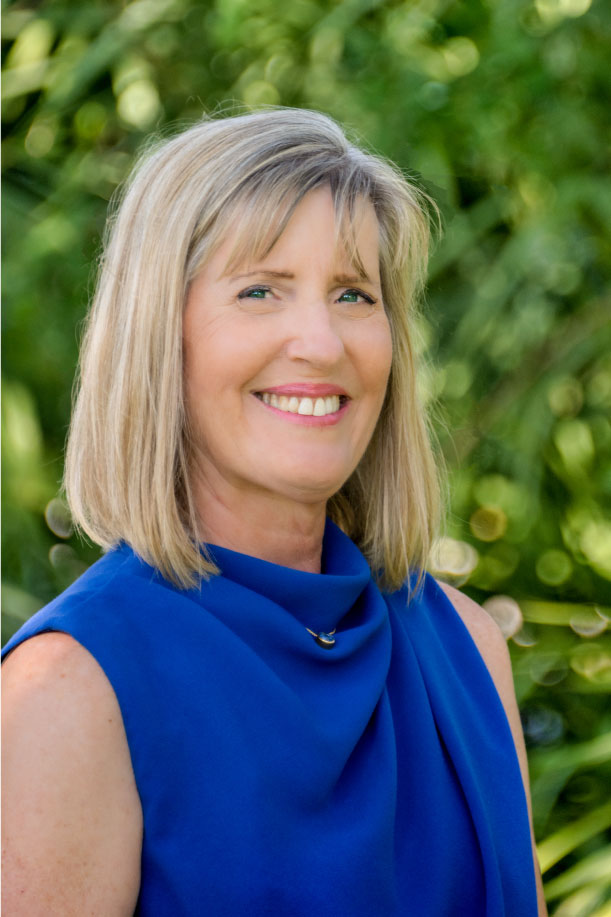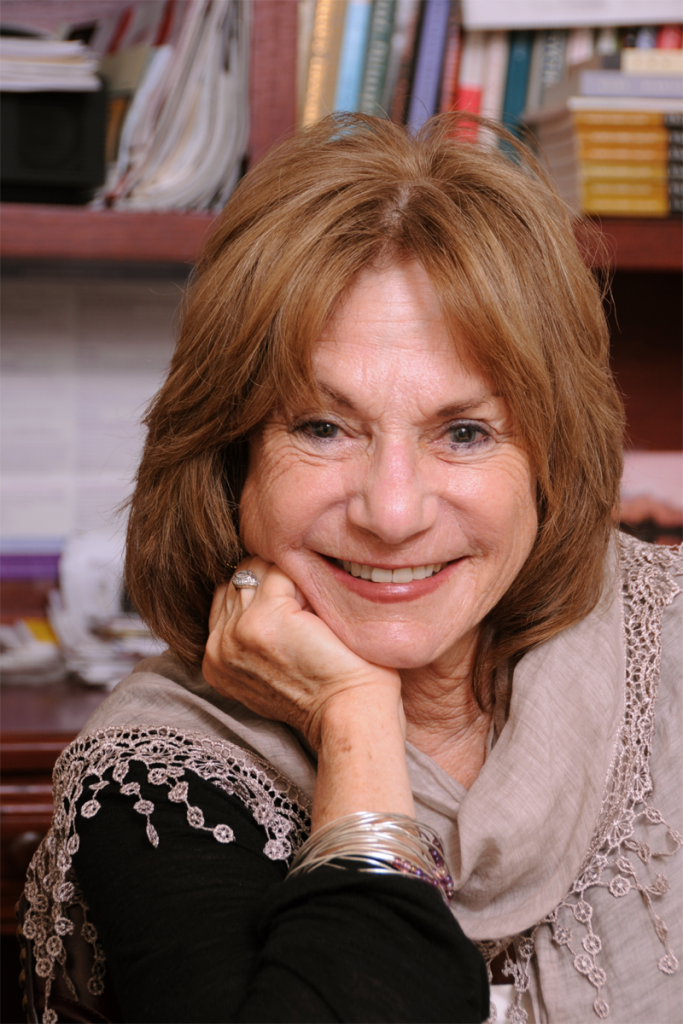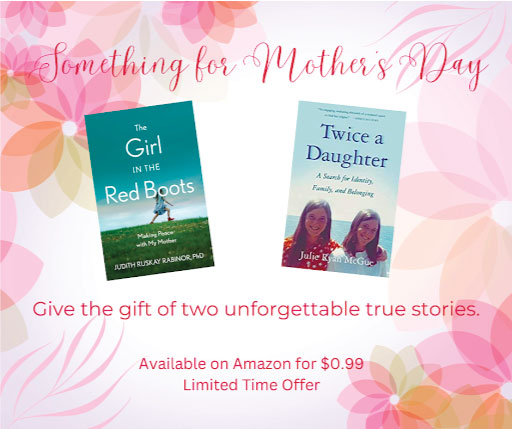The Gifts of Memoir: The journey from abandonment and betrayal to acceptance and forgiveness
By Julie Ryan McGue & Judith Ruskay Rabinor, Ph.D
A Mother’s Day Bonus for you…
In May 2021, Judy Rabinor, author of The Girl in the Red Boots, and I teamed up for a joint interview to discuss our memoirs. Since that time, we have done several events together speaking about the mother-daughter relationship.
To honor the two-year birthday of both of our books, they are specially priced for Mother’s Day. And as a special gift to our readers, we are re-running a piece we wrote together. Enjoy!

Julie McGue
Author

Judith Ruskay Rabinor, PhD
Psychotherapist, Author, Speaker, Writing Coach & Consultant
Julie Ryan McGue and Judith Ruskay Rabinor, Ph.D both released memoirs that address the complexity of the mother-daughter relationship, reveal painful reckonings, and disclose moving personal journeys. Below, they interview one another about their books, mothers, and mothering.
Julie McGue’s synopsis of Judy Rabinor’s memoir:
In The Girl In the Red Boots: Making Peace With My Mother, we learn that it’s not until Judy’s mother has been dead for several years that she can begin to understand her mother’s life, attitudes, choices, and the legacy she left behind.
Judy Rabinor’s synopsis of Julie McGue’s memoir:
Julie is adopted, and she’s also a twin. At 48, Julie begins to have health issues, so she and her sister decide it’s time to get their medical history. But they need the adoption papers that their adoptive parents still possess. In Twice a Daughter: A Search for Identity, Family, and Belonging, what began as a need for health information evolves into a complicated triangle where Julie must juggle the wants and needs of both of her mothers.
Judy:
Before we dive in, I want to point out that mothering is complex, fraught with opportunities for mistakes. Our mothers–generally our first caregivers–are our first experience with attachment. It’s in this first attachment that our needs for love and nurturing, safety and security are met—and disappointed. We all experience wounds due to disappointment, shame, abandonment, and betrayal. The Bad Mommy stories we carry can interfere with our ability to live life fully.
Julie:
In researching my adoption story, I learned that my birth mother had not seen or held me or my twin sister following our birth. While we were not quite foundlings, we were nonetheless, abandoned children. We became wards of the state hours after taking our first breaths. Because of my closed adoption, I lacked a personal history which intensified my feelings of abandonment.
Judy:
My experience with abandonment was different. As a young girl I experienced a trauma that stayed with me for decades. My mother told me that I was going to a birthday party. Dressed in a fancy party outfit, instead of going to the birthday party, I was taken to the hospital where I was left for a tonsillectomy. I felt abandoned and betrayed, and this haunted me for decades.
Julie:
Betrayal comes into play at several crucial points in my story, too. My mom and dad told my sister and me at a very young age that we were adopted. They promised that when we wanted to search for our birth parents, they would help. I was a middle-aged woman, who had just undergone a breast biopsy, when I asked my folks for help. Their lack of support stunned me, and my subsequent search put a rift between my mom and me, one that took years to heal.
Judy:
I loved my mother deeply, but I carried a deep sense of resentment for certain betrayals. Here’s another example: Only a few weeks after my father’s unexpected death, my mother shared a secret with me: she had a boyfriend. Now that she was a widow, they planned to marry. Because I was grieving the loss of my father, what I needed was my mother’s support. Instead, I was expected to share in my mother’s joy!
Julie:
During the rift with my adoptive mom, I was also coping with my birth mom’s rejection. To be simultaneously on the ‘outs’ with both my mothers was a double whammy of betrayal and abandonment. The unique bond that I have with my twin sister allowed me to shift some of my pain onto her willing shoulders. To augment the support of my husband and children, I joined a post-adoption support group, and this facilitated a deeper understanding of my mothers’ choices. I learned to accept my adoption experience and to forgive. This healing enabled me to write my memoir.
Judy:
Waiting to write this book until well after my mother died offered me the time and space to both grieve and reevaluate my mother’s life. Because of my training as a therapist, I was able to understand that my mother’s seemingly superficial and insensitive manner were defense mechanisms which helped her deal with the many disappointments and pain in her life. When she became stricken with Parkinson’s Disease, I saw a strong, optimistic woman who embraced growth and curiosity. It was then that I rewrote my own story of my mother.
Julie:
Why was it important for The Girl in the Red Boots to be released in May?
Judy:
As a therapist for over forty years, I have seen many people who are torn, struggling between feeling loved and betrayal. The Girl in the Red Boots addresses this duality and offers the wisdom to heal from the Bad Mommy stories we carry through life. It’s the perfect Mother’s Day gift!
Julie:
Releasing Twice a Daughter around Mother’s Day is crucial to my story. There’s the irony of mothering four almost-grown children while still seeking my own mothering, connecting with my birth mother, and improving my relationship with my mom.
JULIE RYAN MCGUE is a domestic adoptee and an identical twin. She writes about finding out who you are, where you belong, and making sense of it. Twice a Daughter: A Search for Identity, Family, and Belonging is her first book. She splits her time between Sarasota and Northwest Indiana. You can follow her at https://www.juliemcgueauthor.com.
JUDITH RUSKAY RABINOR, PhD is a psychologist practicing in New York City and online. She’s a workshop leader, speaker and author of two previous books: A Starving Madness: Tales of Hunger Hope and Healing in Psychotherapy and Befriending Your Ex After Divorce: Making Life Better for You, Your Kids and Yes, Your Ex. You can follow her at https://www.judithruskayrabinorphd.com
“Because of my training as a therapist, I was able to understand that my mother’s seemingly superficial and insensitive manner were defense mechanisms which helped her deal with the many disappointments and pain in her life.”
Don’t miss a blog post!
Receive my blog posts directly to your inbox.



